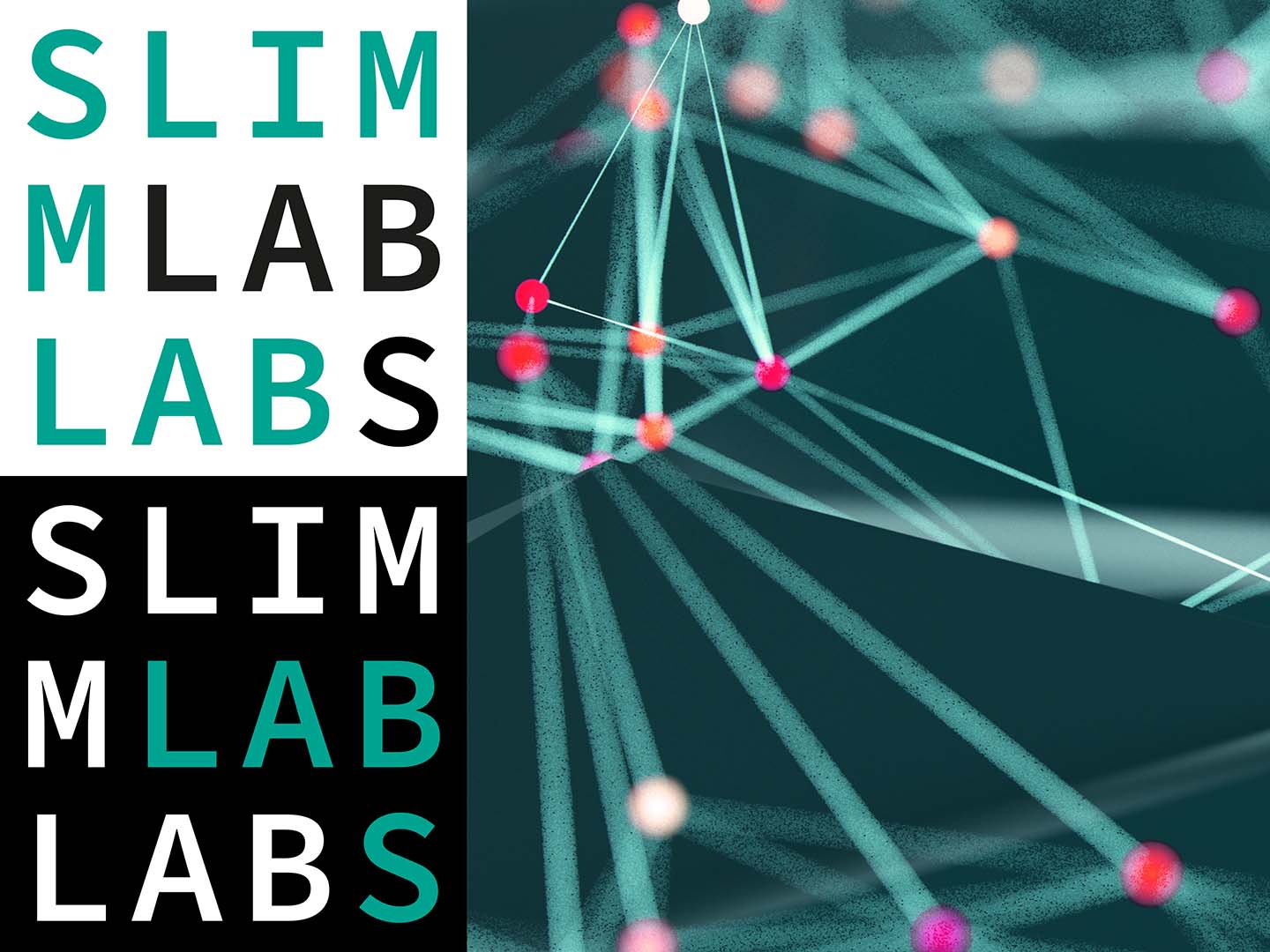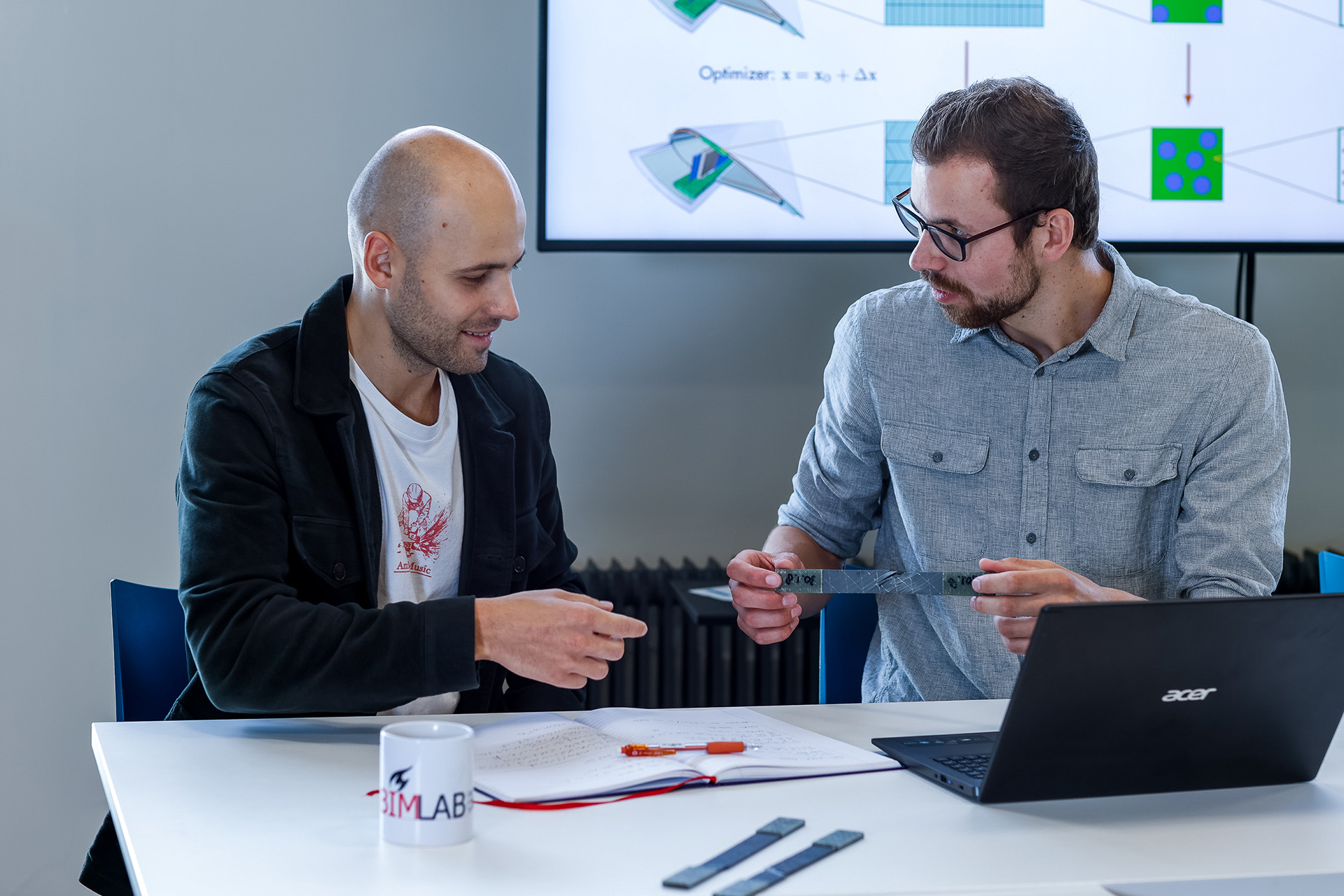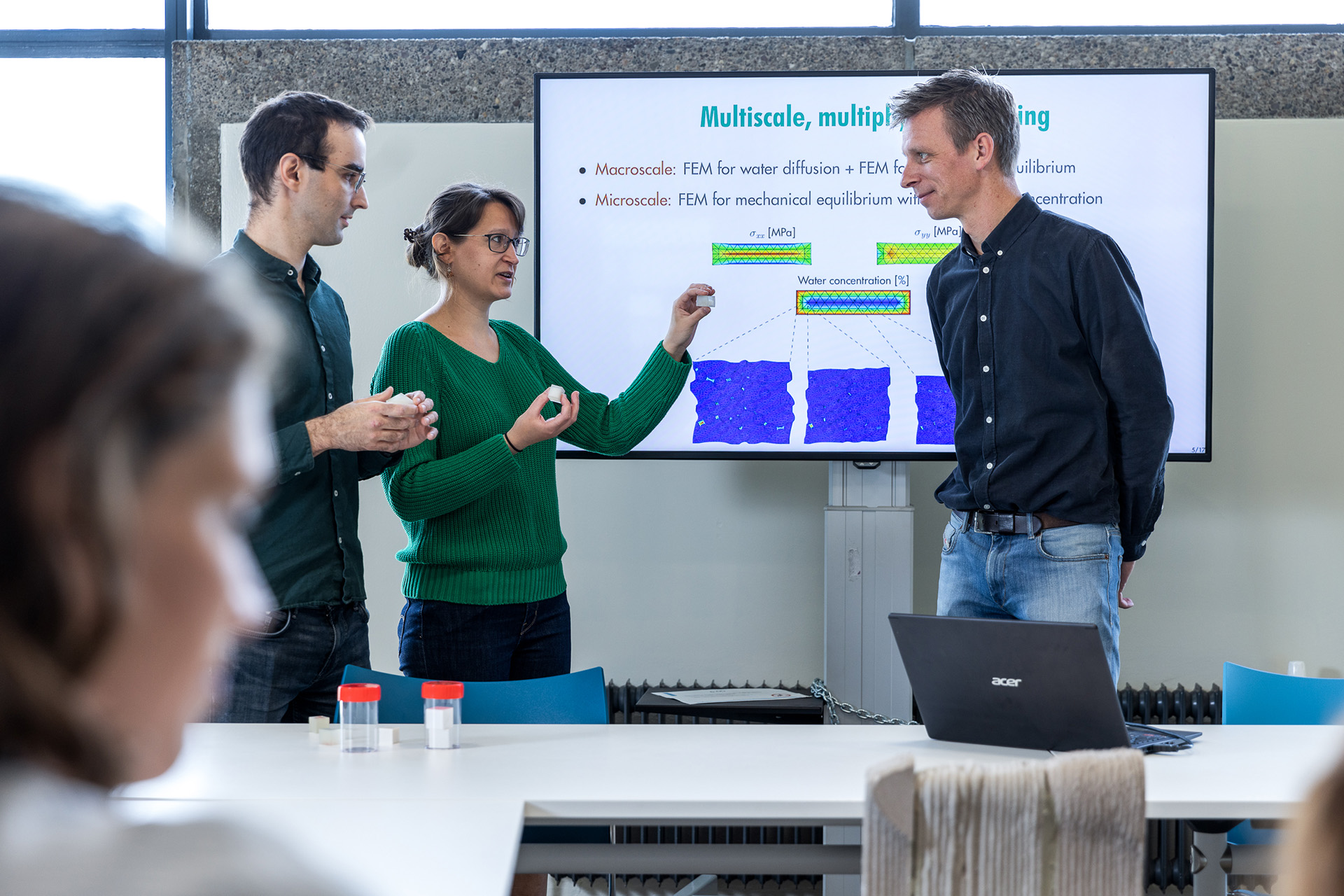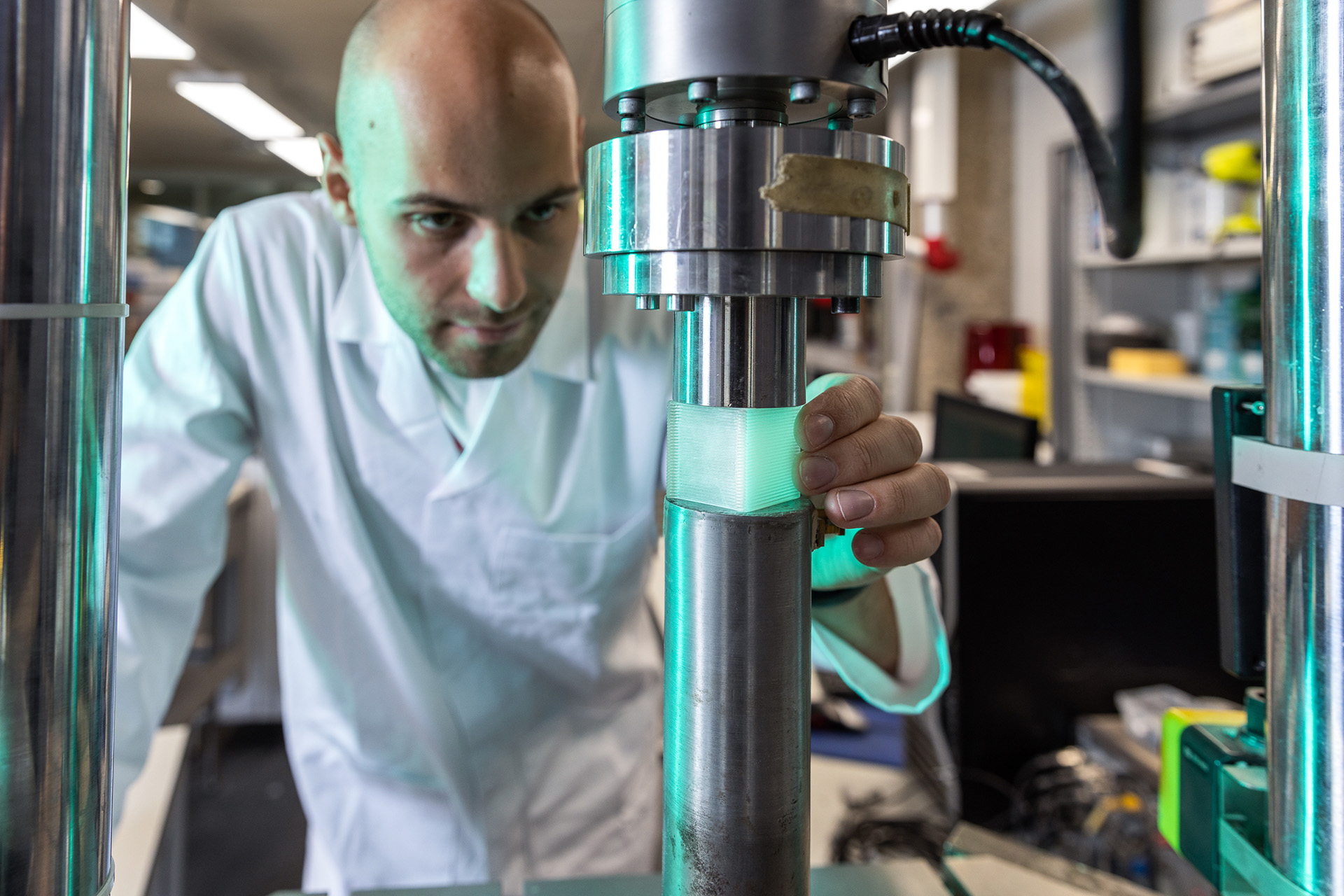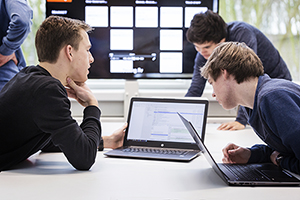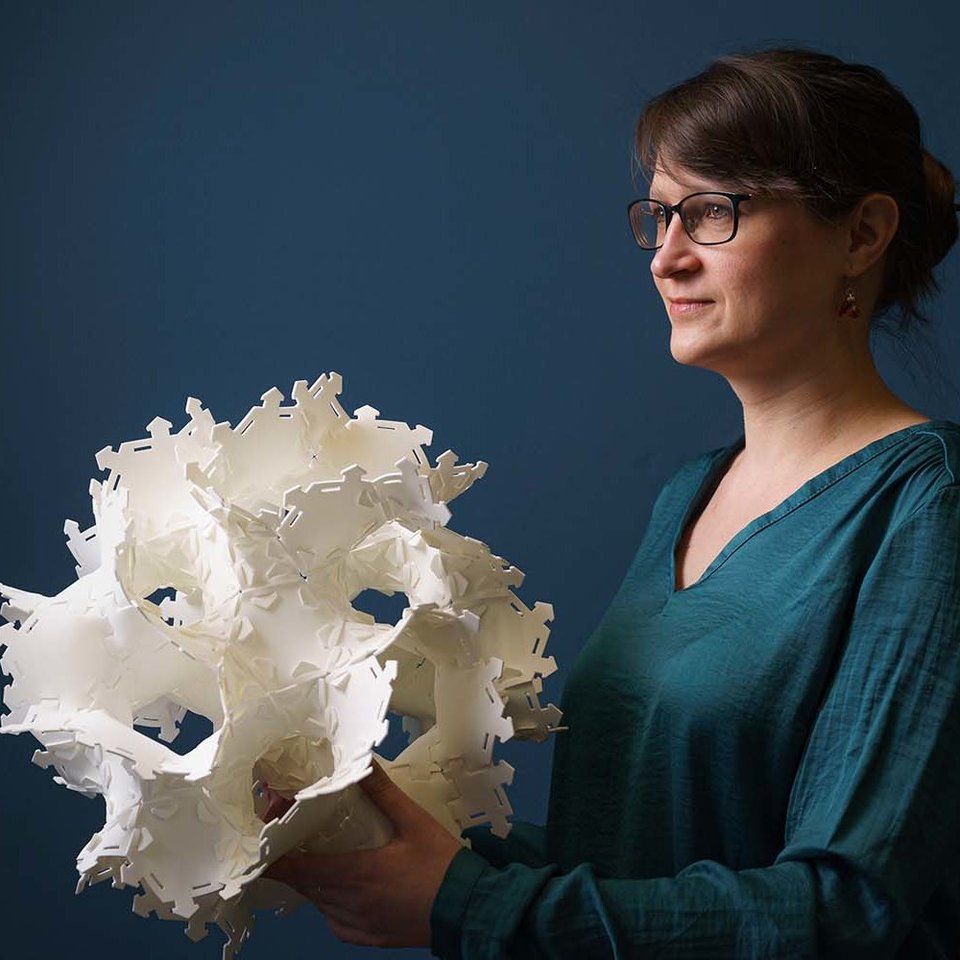SLIMM Lab
AI for smart materials modelling
Materials of the future will rely on nanostructures painstakingly tailored to design constraints and reach unprecedented levels of performance. In order to design these new materials, accurate simulations of material behavior across the scales are needed. Yet, even one of these models currently takes months to run on conventional computers.
The goal of the SLIMM lab is to facilitate virtual material testing across the scales by combining Bayesian machine learning and multiscale solid mechanics into new smart material models and learning frameworks.
Why virtual testing through smart multiscale models?
- Speed: Designing new materials without waiting for years for simulations to run
- Accuracy: Precise nanostructure optimization and deeper knowledge on material behavior
- Sustainability: Fewer destructive experiments needed and lower energy use through faster simulations
The SLIMM Lab is part of the TU Delft AI Labs programme.
The team
Education
Courses
- Modeling, Data and Uncertainty for Engineers (Coming soon)
- Data Science and AI for Engineers (Coming soon)
- Statistical Learning
- Statistical Learning for Engineers
- Data science for Finance (Coming soon)
Resources
Master projects
Openings
Coming soon!
Ongoing
- Stitching multi-fidelity Gaussian processes (Rik Hendriks)
- Bayesian system identification of engineering structures (Andres Martinez Colan)
Finished
- High-dimensional numerical optimization of fiber reinforced polymers with variational autoencoders and Bayesian optimization, Joep Storm (2021)
- Investigating the performance of Deep Material Networks in accelerating multiscale modelling of laminated composites, Jesse Metz (2020)
- Surrogate constitutive models with multi-fidelity Gaussian Processes for composite micromodels, Taylan Turan (2020)
- Optimizing the reduced basis construction for reduced-order mechanical models: Automatic and efficient load case selection using Bayesian machine learning, Knut Tjensvoll (2019)
Partners


